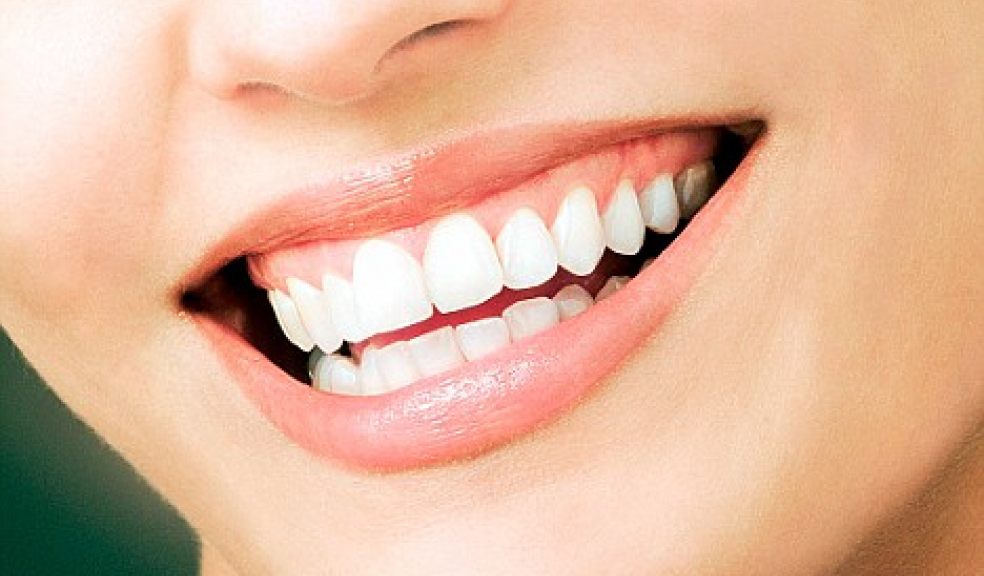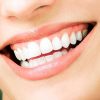
Poor dental care is jeopardising health of people in the SW
New research has discovered that all too many adults are unaware of just how important a healthy mouth is – leaving them vulnerable to bleeding gums, lost teeth and even a heightened risk of cardiovascular disease and other illnesses.
To find out more about the South West’s oral health habits, research was commissioned by the Simplyhealth Advisory Research Panel (ShARP). The panel is a body of independent experts set up to help communicate the latest intelligence on a variety of important health areas, brought together by Simplyhealth – one of the leading names in healthcare.
In the new study commissioned by ShARP, 63% of respondents admitted they had noticed blood in their spit at some time or another after brushing their teeth – a classic symptom of gum disease. 54% thought blood in spit was considered a worrying sign and 60% said they would be worried about their children leaving blood in their spit. Only 44% correctly thought that blood in the spit or in the sink after brushing could be a sign of potential tooth loss later in life.
77% agreed that there was a link between oral health and general health – though 23% incorrectly asserted there was no association. Respondents showed a mixed bag of knowledge when it comes to the health conditions that poor oral health is linked with. 45% thought gum disease and tooth loss were linked with oral health issues, followed by heart disease (28%), diabetes (14%), osteoporosis (6%) and stroke (2%). In fact, all these conditions are linked with poor oral health.
78% of those polled said they would aim to brush their teeth better and take better care of their dental health if they knew for certain that poor oral health was associated with serious health conditions. However, 22% said even if they were aware of a link, they would still refuse to change their current oral care regime.
Commenting on this latest research, Professor Seymour from ShARP notes: “The value to the nation in early treatment and prevention of periodontal disease is potentially huge. The simple act of removing the inflammation in gum tissues can help reduce the risk of hypertension, coronary heart disease and stroke. That is why we are calling for the UK nation to start taking greater responsibility for their own oral health. This means following a thorough twice-daily five-minute oral care regime.
“In addition to this, the role of the dentist is pivotal. Providing basic periodontal screening (BPE) at least once a year as part of a co-ordinated and targeted national screening programme so that a thorough inspection of their periodontal tissues can be achieved is vital. Patients who suffer from osteoporosis should also undergo regular six-monthly dental inspections.
“It’s clear from the ShARP’s own survey that too many people simply don’t take good enough care of their teeth. Diet choice is also hugely important, with evidence that foods rich in anti-oxidants and polyunsaturated fatty acids can significantly boost periodontal health. Dentists and oral healthcare professionals give dietary advice on preventing tooth decay, so they could similarly provide advice to patients on what to eat to help prevent periodontal disease.
“There is no doubt that periodontal disease represents a clear threat to public health. But with the appropriate action, including more thorough daily oral care regimes, national screening programmes and emphasising the need to maintain healthy gums, the nation’s health could be dramatically improved.”
The survey further revealed that the average time spent brushing teeth was two minutes and 13 seconds. In the South West however, 56% of respondents said they do not brush their teeth for the recommended brushing time of two minutes.
49% said a day was the longest they had gone without brushing their teeth, and 24% said this was just half a day. However, worryingly, 23% admitted going for two days or more without brushing.
43% admitted borrowing someone else’s toothbrush when they could not find theirs – of these 29% said it was their partner’s brush, while 9% had used their child’s brush.
21% of respondents admitted they did not clean between their teeth to remove bacteria and debris that a toothbrush can’t reach. 53% said they only cleaned between teeth occasionally, and just 26% said they did it once a day. For those that tried to remove the debris, 68% used dental floss, 34% used a little brush and 17% used a toothpick. 32% admitted they sometimes use a mouthwash instead of brushing – either because it’s faster, for mouth freshness or because they haven’t got round to brushing. 76% felt it was important to remove bacteria from the mouth on a daily basis – 51% said they thought that our mouths contained potentially harmful bacteria.
The apparent cost of dental care can put off many people from getting the help they need. 50% said the cost of dental care for themselves or their family was a worry. 57% admitted that the cost of going to the dentist has put them off visiting a dentist for a check-up or routine dental work – 17% said this was a common occurrence. The vast majority (89%) felt it was important to have regular check-ups at the dentist, however 31% admitted they hadn’t visited a dentist in the last year for a check-up or any other work.














